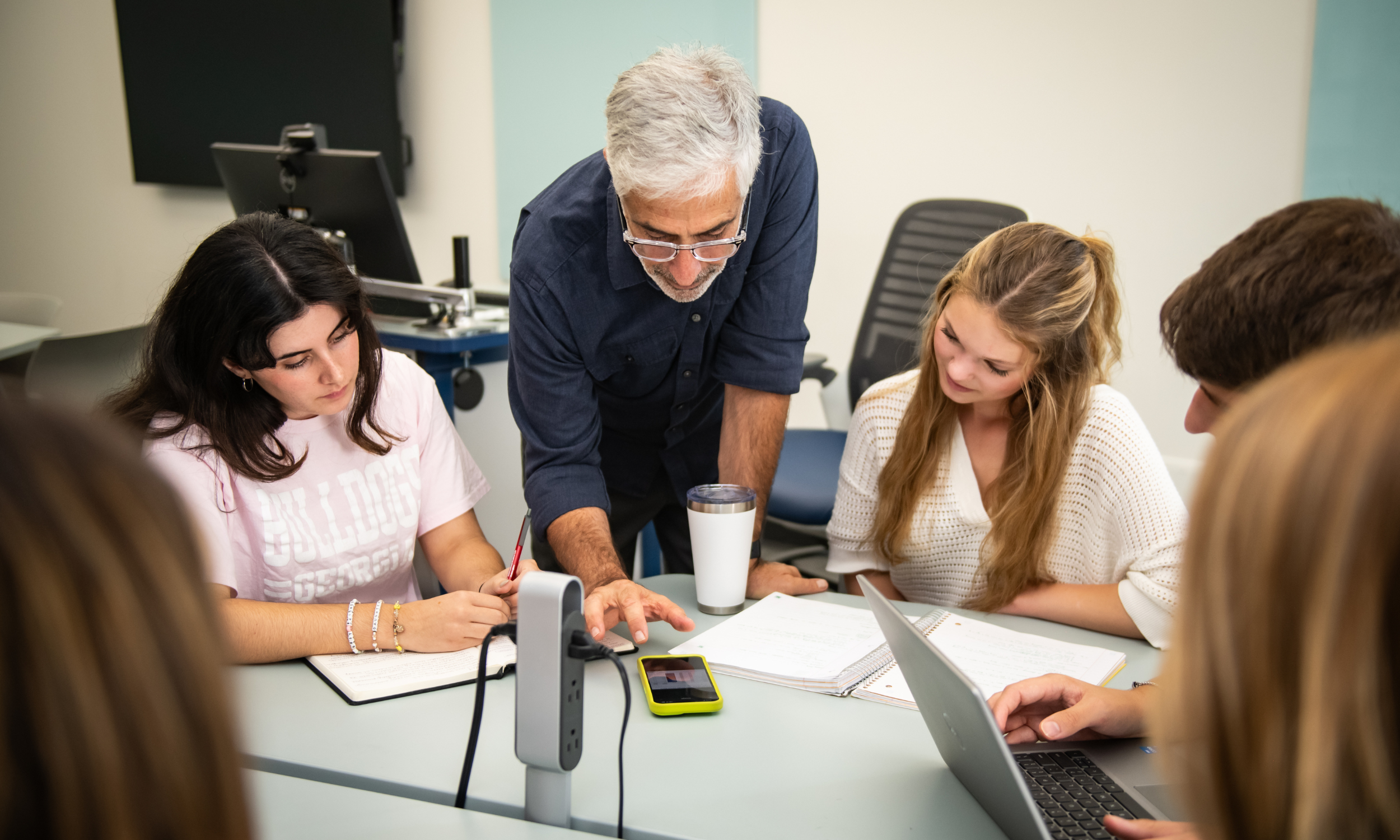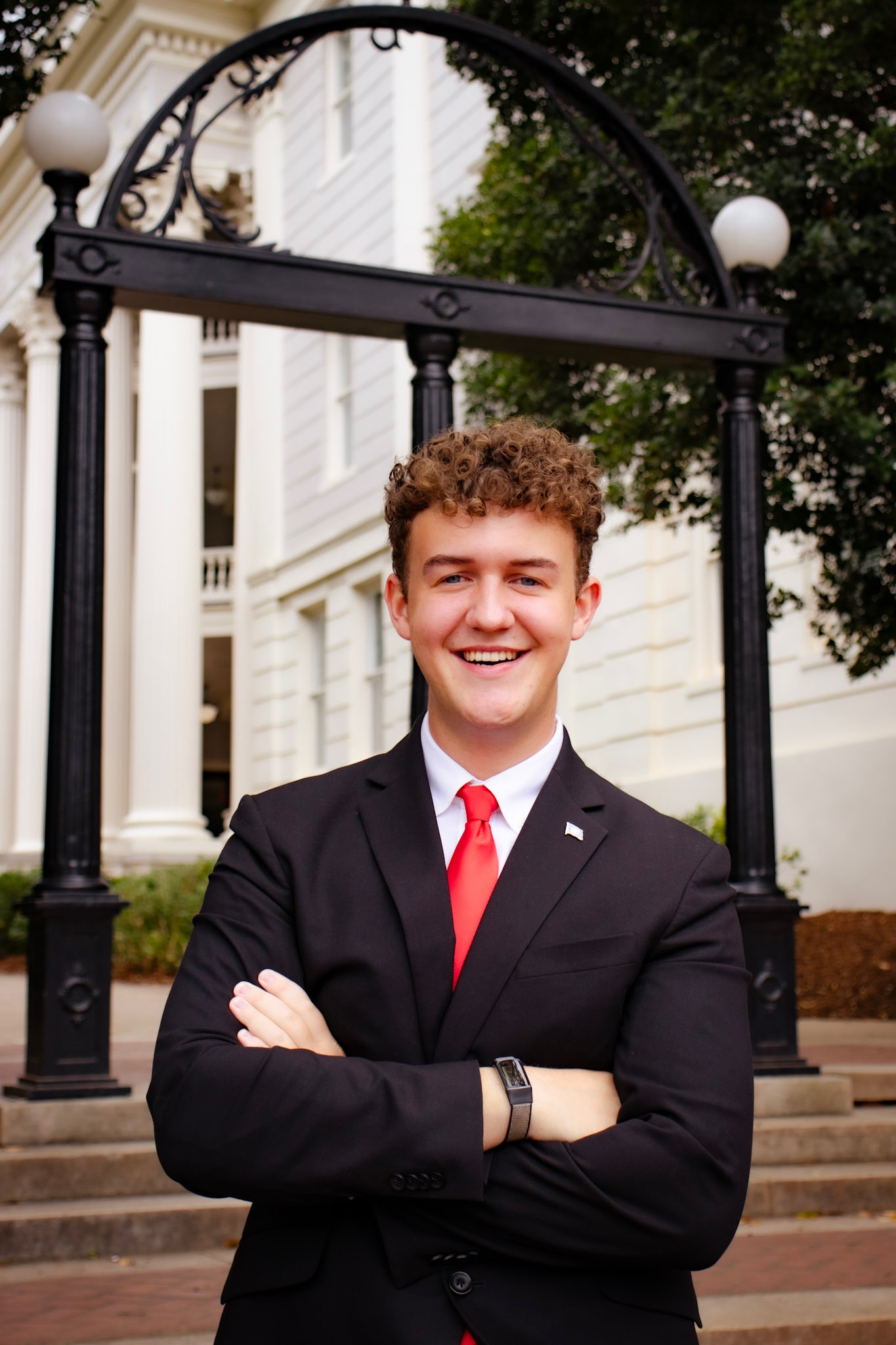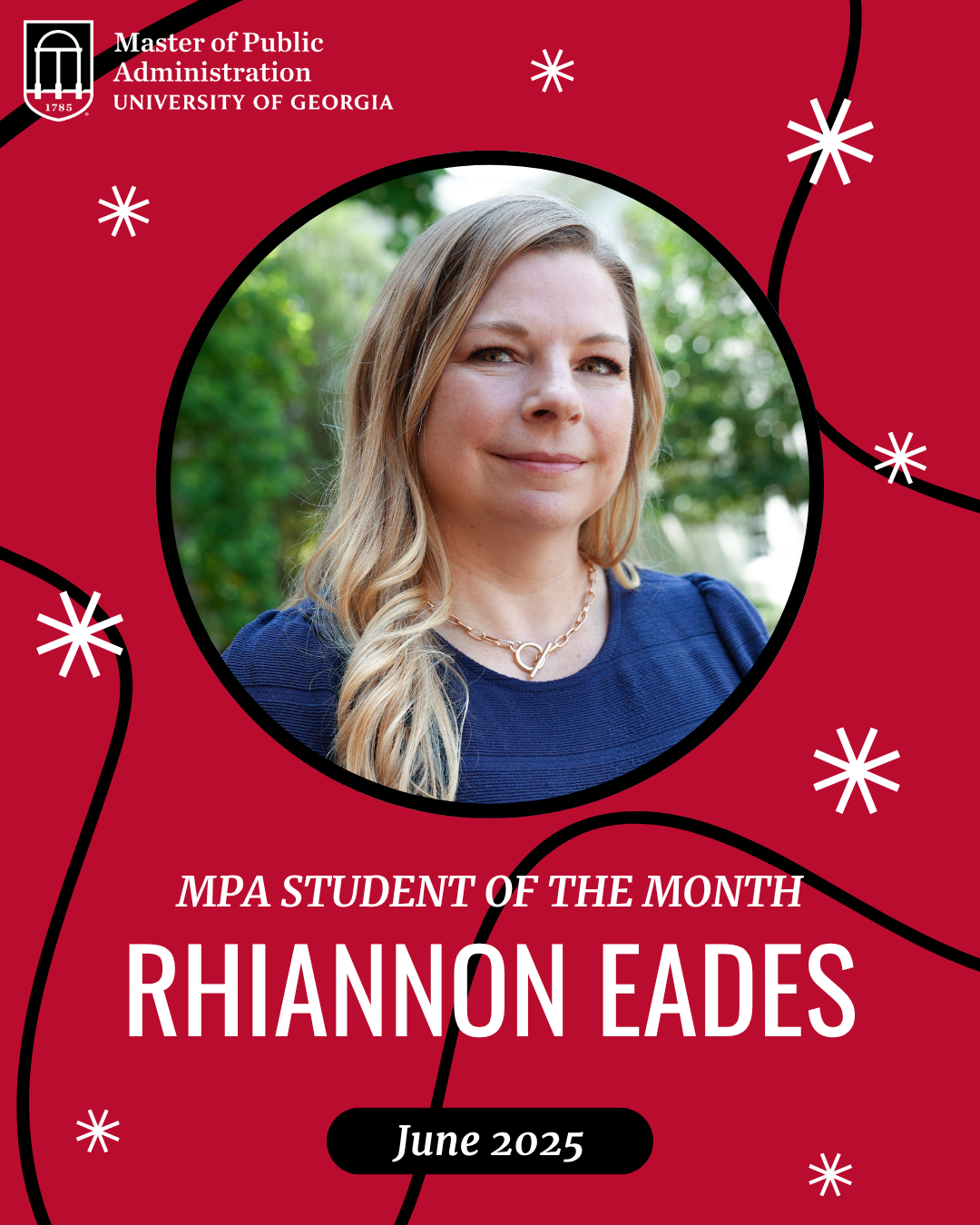
In the years since the COVID-19 pandemic took hold of the world in early 2020, thousands of studies have been conducted on topics ranging from misinformation to work-life balance. One of the first researchers to study public policy issues surrounding COVID-19 was Dr. Shane Singh, Professor and Director of Graduate Studies in the Department of International Affairs at the School of Public and International Affairs at the University of Georgia.
In early 2020, Dr. Singh and his colleague, Jaroslav Tir, were deeply immersed in a research project when they were asked by peer reviewers to run an additional experiment. The timing was perfect for them to expand the focus of their research to ask a new question: does exposure to information about the COVID-19 virus affect behaviors that are associated with public cooperation?
“This was an add-on to the other issues we were studying,” says Dr. Singh. “My colleague and I were stepping out of our boundaries since neither of us are public health researchers.” However, they recognized the unique opportunity they had to study the pandemic at such an early stage, and the findings were surprising.
Dr. Singh and his colleague hypothesized that people who learned about the devastating effects of the coronavirus pandemic would be more likely to make decisions that would help keep the rest of society safe. The experiment was conducted in April 2020 and consisted of survey data from around 700 individuals in India. Respondents read mock news stories and then answered a series of questions. Some respondents read a story unrelated to COVID, while others read a story about the impact of the virus.
The hypothesis was that those exposed to information about COVID would become more amenable to prosocial behavior, such as wearing masks, getting vaccinated, and staying indoors. However, Dr. Singh found that was not the case.
“People who were exposed to information about this threatening virus were less likely to behave in a prosocial way,” says Dr. Singh. Instead of adopting a ‘we’re all in this together’ mentality, people who read articles about the impact of COVID-19 were less likely to behave in a way that benefited the common good.
In subsequent studies on the same topic, people had more time to develop a better understanding of the scale and severity of the virus. Dr. Singh’s research was conducted before most people understood the severity of COVID and provided an early explanation of people’s reluctance to certain safety measures like social distancing and mask wearing.
“The research gave us information about how people reacted to the COVID threat in the early stages of the pandemic,” Dr. Singh says
Prosocial behavior could be expected after exposure to viral threat because citizens are known to rally around one another or a common interest when exposed to a violent threat. When studying terror attacks and threats to national security, for example, scholars often see groups rally around a flag or come together to support leaders. However, the COVID pandemic had a different effect on society.
“I’m cautious to generalize too much from this,” says Dr. Singh. However, he points out one reason for the unanticipated findings may be the lack of a tangible object to rally against in the situation of a viral or biological threat. “You don’t get this pro in-group bonding. There is no ‘us versus them’ mentality because there’s no ‘them’ in this case.”
There is still more to learn about how the coronavirus affected, and continues to affect, certain individuals and groups. While we aren’t completely sure why people who were provided information about this threatening virus were less likely to behave in a prosocial way, Dr. Singh’s early research helped pave the way for additional studies in this area and may even provide a glimpse of what to expect should the world be presented with a similar situation in the future.








